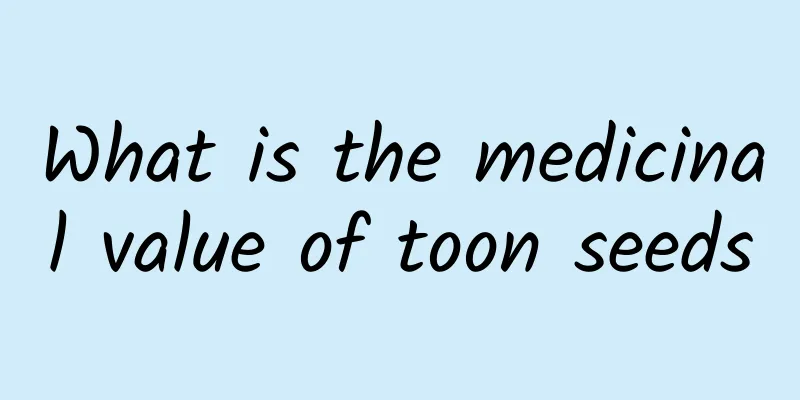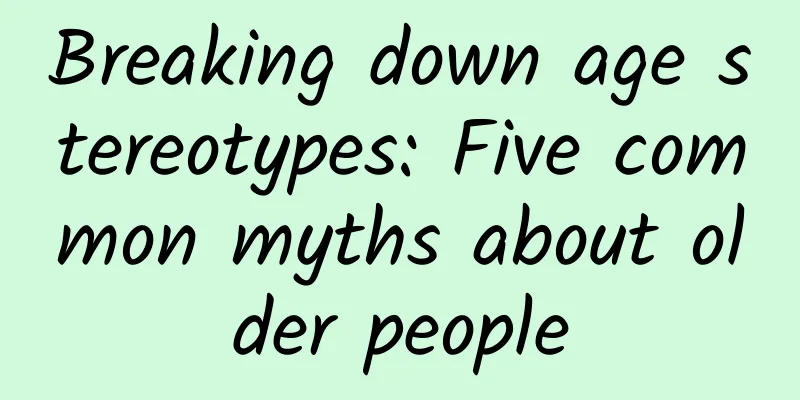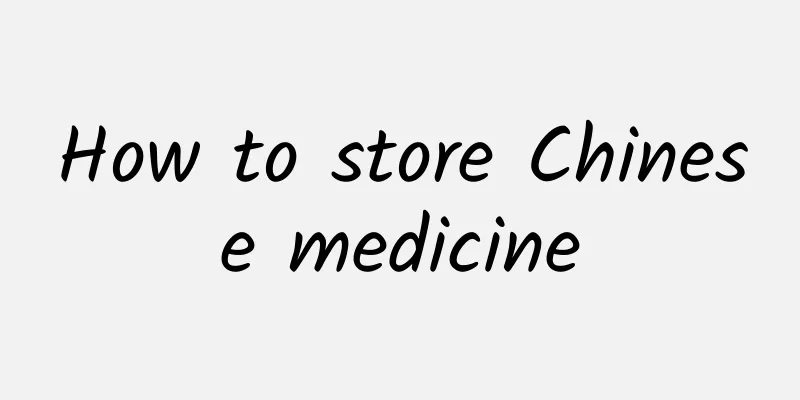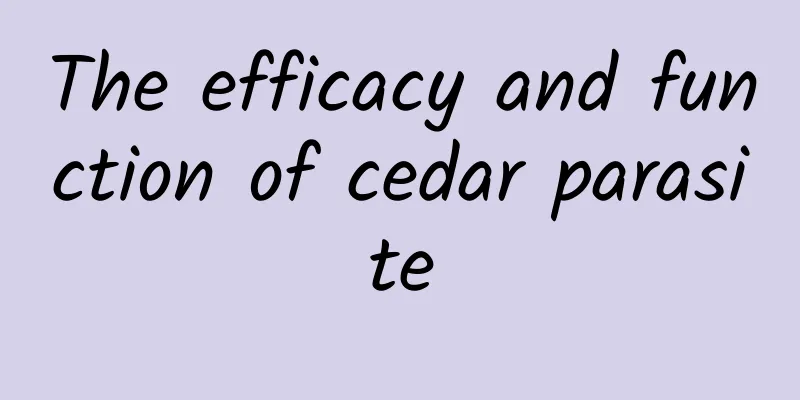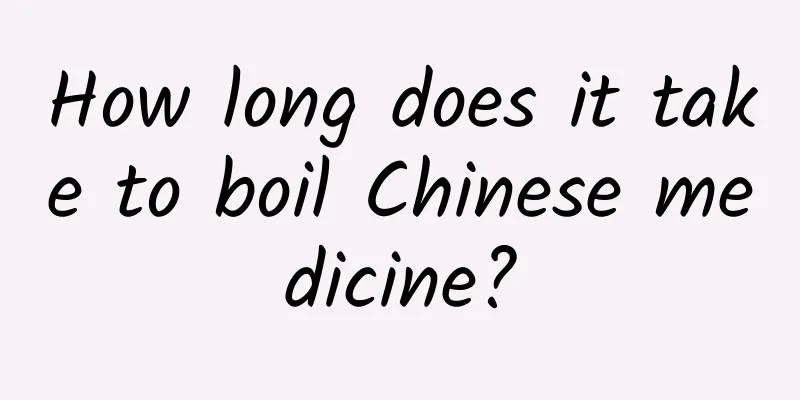What are the Chinese medicines for regulating qi and blood?
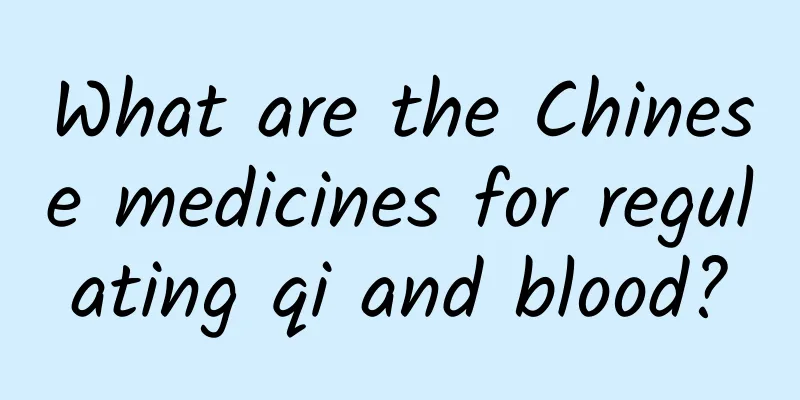
|
If your qi and blood are insufficient, you will experience symptoms such as numbness and pain in your legs, knee pain, and waking up in pain in the middle of the night when you sleep. If a person lacks qi and blood, he will look listless and often feel dizzy and short of breath. If you want to know whether you have insufficient qi and blood, you can read my introduction. I will tell you in detail the symptoms of insufficient qi and blood. Taking Chinese medicine to replenish qi and blood is a good choice. So, what medicine can replenish qi and blood? Let me introduce it to you. What are the traditional Chinese medicines for replenishing qi and blood? 1. Symptoms of blood deficiency syndrome The main symptoms of blood deficiency syndrome are pale or dark yellow complexion, pale lips, dizziness, palpitations and insomnia, numbness of hands and feet, scanty menstruation, delayed menstruation or even amenorrhea in women, etc. Blood-enriching drugs can be used for treatment. For general blood deficiency syndrome, you can choose donkey-hide gelatin preparations, angelica preparations, Millettia reticulata tablets, Polygonum multiflorum tablets, Guipi pills, etc. Commonly used blood-enriching medicines include: Angelica sinensis, Rehmannia glutinosa, donkey-hide gelatin, Polygonum multiflorum, Millettia reticulata, white peony root, etc. Commonly used blood-enriching foods include: animal blood, animal liver, animal spine, black sesame, black fungus, brown sugar, etc. 2. Symptoms of Qi Deficiency Syndrome The main symptoms of Qi deficiency syndrome include shortness of breath, fatigue, low voice, weak breathing, loss of appetite, abdominal distension after eating, diarrhea or loose stools, easy sweating, fear of wind and cold, easy to catch cold, weak or powerless pulse, etc. Qi-replenishing drugs can be used for treatment. Note: Most Qi-replenishing drugs are warm in nature and should not be used by those with Yin deficiency and excess fire. Commonly used qi-replenishing medicines include: ginseng, codonopsis, pseudostellaria, astragalus, yam, Acanthopanax, Atractylodes, lotus seeds, white hyacinth bean, jujube, licorice, etc. Commonly used yang-tonifying medicines include: aconite, deer antler, seahorse, fur seal kidney, deer penis, dog penis, gecko, Morinda officinalis, cinnamon, Cordyceps sinensis, Jiushenchong, Eucommia ulmoides, Dipsacus asper, Cibotium bark, Drynaria fortunei, Psoralea corylifolia, Cistanche deserticola, Cynomorium songaricum, Epimedium, Cuscuta australis, Lycium barbarum, and Allium seed. Tonic Chinese medicine is a medicine that can replenish the body's qi, blood, yin and yang, improve the functions of internal organs, strengthen the body, and enhance the ability to resist disease. It is also called tonic or nourishing medicine. Tonic Chinese medicine is used for health care for middle-aged and elderly people. It should be a health care method adopted when the body is very weak or has chronic diseases. In fact, tonic Chinese medicine is mainly suitable for middle-aged and elderly people with weak constitutions. There is no need for young people with strong bodies to take tonic Chinese medicine. Tonic Chinese medicine is not suitable for all groups of people. Children and adolescents should try to avoid taking tonic Chinese medicine. Traditional Chinese medicine believes that children are in a period of growth and development and should grow according to the normal laws of the human body. If children take too many tonic medicines, it would be like forcing a plant to grow too fast, which would not only be unhelpful but harmful. Some children take too many tonic medicines and end up experiencing precocious puberty and developmental abnormalities. When young and middle-aged people are full of vigor and strong, there is no need to take tonic Chinese medicine. If young and middle-aged people are weak due to certain reasons, they can take tonic Chinese medicine under the guidance of a doctor. Therefore, tonic Chinese medicine is mainly suitable for middle-aged and elderly people with weak constitutions. The above introduces traditional Chinese medicine for replenishing qi and blood. Traditional Chinese medicine is effective in replenishing qi and blood, but it is not suitable for everyone. It is best to use the medicine under the guidance of a doctor. If you have insufficient qi and blood, you can try the above Chinese medicine for replenishing qi and blood! Although Chinese medicine for replenishing qi and blood is good, you need to be aware that when you have insufficient qi and blood for a long time, you should go to the hospital for examination and targeted treatment as soon as possible. Do not blindly take Chinese medicine for treatment without understanding the condition. |
<<: What are the Chinese medicines for regulating qi and blood?
>>: What Chinese medicine is good for Qi and blood deficiency?
Recommend
Only 3 scientists in the world! Chinese scientists won this international award
Recently, at the Eurokarst2022 conference at the ...
"Zu Chongzhi No. 3" is launched! How far are we from using quantum computers?
Recently, Chinese scientists have made a major br...
If my eyes are dry, can I just put in some eye drops?
"My eyes are dry, so I can just put in some ...
The efficacy and function of plateau iris
Plateau iris has a long history, and until now, t...
The efficacy and function of purple bullet tree root bark
The root bark of the purple bullet tree is a very...
Price of Chinese medicine Eucommia
As a kind of traditional Chinese medicine, Eucomm...
What are the medicinal values of Nepeta?
It is autumn and winter and the weather is gettin...
What will the weather be like tomorrow? AI predicts
The Earth we live on is experiencing one of the h...
Actor Wang Xing was rescued from a Myanmar online fraud farm! This setting on your phone can save your life at a critical moment
Actor Wang Xing, who was deceived and lost contac...
What are the effects of Schisandra chinensis?
Schisandra chinensis is a common Chinese herbal m...
What? Can a "human kidney" grow in a pig's body? Chinese scientists have done it!
In movies and TV dramas, we often see plots where...
eMarketer: E-commerce is expected to account for one-third of UK holiday shopping spending in 2020
Digital retail will have a huge impact on UK shop...
The efficacy and function of carnation
Carnation is a favorite flower of many women. It ...
The efficacy and function of bamboo
The Chinese medicinal bamboo is a relatively good...
Does fission exist in the universe? The Milky Way's ancient stars hold a secret
Author: Shen Wen, Editor of Principles In theory,...
